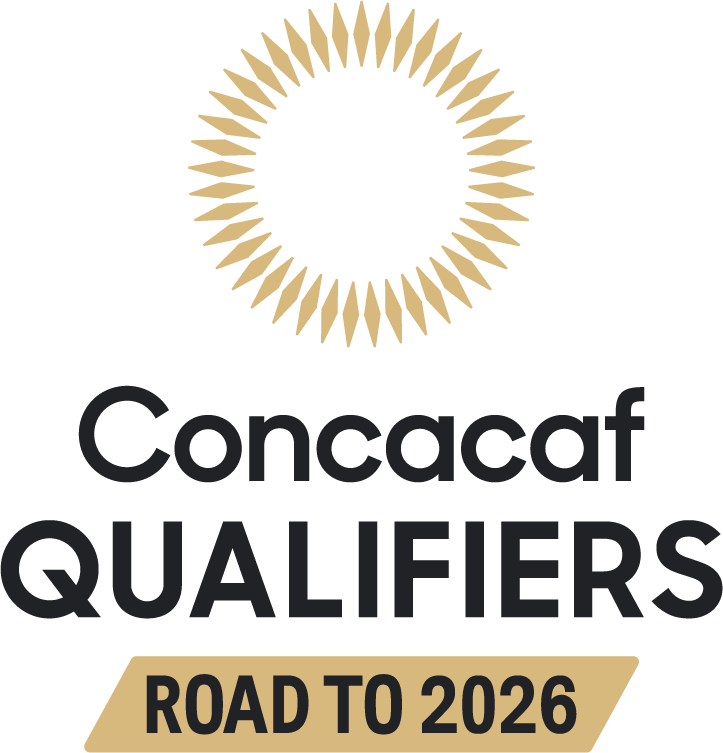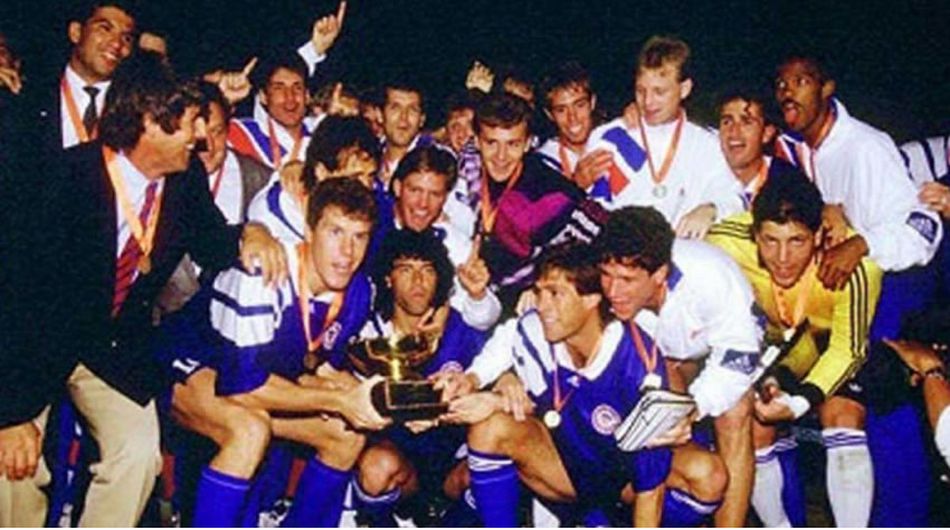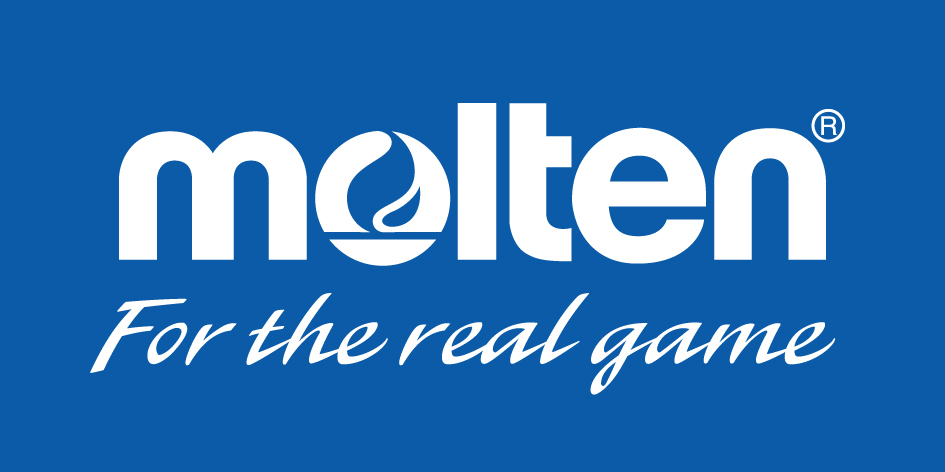MIAMI, Florida – This Friday at 7:00 PM ET, Concacaf will be airing a re-broadcast of two Concacaf Gold Cup classics, the first being the inaugural Gold Cup Final in 1991 between the United States and Honduras, followed by the 2019 Final between Mexico and the U.S. Both matches will be shown on Concacaf’s Facebook and YouTube pages, plus the Concacaf App.
It can be said that the modern-day rivalry between the United States and Mexico took shape in their 1991 Concacaf Gold Cup semifinal. For decades Mexico had served as the dominant team in Concacaf, but in the inaugural Gold Cup, a group of young U.S. players including the likes of GK Tony Meola sought to change things.
“We knew it was a period of time in which we had to take the next step, and the next step for us was to try and be dominant in our region. We couldn’t think about competing with the rest of the world until we could compete in our region and being at the top of our region all of the time. We ended up winning the 1991 Gold Cup, but I think more importantly we ended up developing a belief that every time we play a Concacaf nation, we should win,” said Meola in an exclusive interview with Concacaf.com
A late rally for a 2-1 win in their opening match against Trinidad and Tobago was a galvanizing moment for the U.S., who then proceeded to defeat Guatemala and Costa Rica before their momentous 2-0 win over Mexico in the semifinals.
“There have been ebbs and flows in this rivalry for years, but for me that was the first time that Mexico said, ‘We have someone else to think about in Concacaf, we have someone else to worry about.’ We were young, we were maybe a little naïve as to who Mexico was on the world scene, but I don’t think we cared and that was the start of a fun rivalry,” said Meola.
That victory over El Tricolor set up a date with Honduras in the Final, and a chance to win a coveted international trophy for a national team program that was looking to make inroads.
“We were in a competition in which we could win a medal and the U.S. hadn’t won too many medals in men’s football, so this was an opportunity for us. That was a very good Honduran side as well. It was a slugfest, back and forth. It was a grind for us because the Mexico game took a lot out of us a couple nights before, we only had a 48-hour turnaround….. but we ended up winning a medal and that is always really important,” said Meola.
Eleven years later, Meola was part of the U.S. squad that took home the 2002 Gold Cup, a tournament that the U.S. approached with a different mindset.
“I think when you look at the shift in mentality during that time, in 2002 we expected to be in the Final. The next Gold Cup whenever we get to play it, we expect to be in the Final, that doesn’t necessarily mean you are going to be in the Final, but in 1991 I don’t think there was an expectation that we were going to be in the Final. There was a desire to be in the Final and a desire to win, but in 2002 with that group and groups after that, the expectation is to go into that tournament, be in the final and have an opportunity to win a trophy,” said Meola.
Yet Meola knows that any growth of the U.S. National team in the coming years cannot happen if there is not growth and improvement within Concacaf, and competitions like the Gold Cup and the newly formed Concacaf Nations League help provide crucial litmus tests.
“It’s imperative that for our region to grow. It’s imperative that more teams have an opportunity to qualify for the tournament. It’s imperative that those nations who haven’t had the experience of a World Cup that they have the Gold Cup in which to compete. Friendlies are great to play, you get stuff out of those, but I like the fact that we have Concacaf Nations League now. There’s something at the end of it. The Gold Cup clearly in our region is the number one tournament you want to play in, it’s the one that you want to compete in, it’s the one you want to win.
Even for the U.S. it’s a new cycle. To think that we can just throw them in a World Cup and think they’ll be successful is probably asking a lot, so we have the Gold Cup and Concacaf Nations League, competitions where they can get groomed and learn. I think you get hardened by those experiences and so when you get to the world stage, you can be successful,” concluded Meola.




















